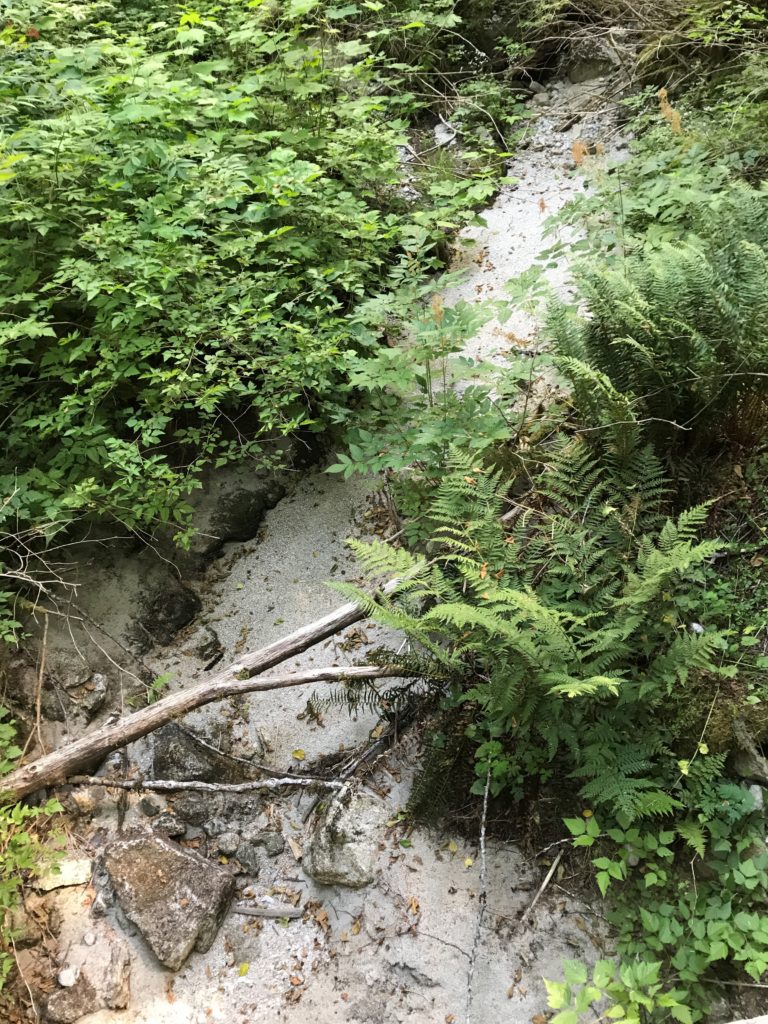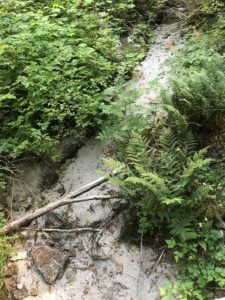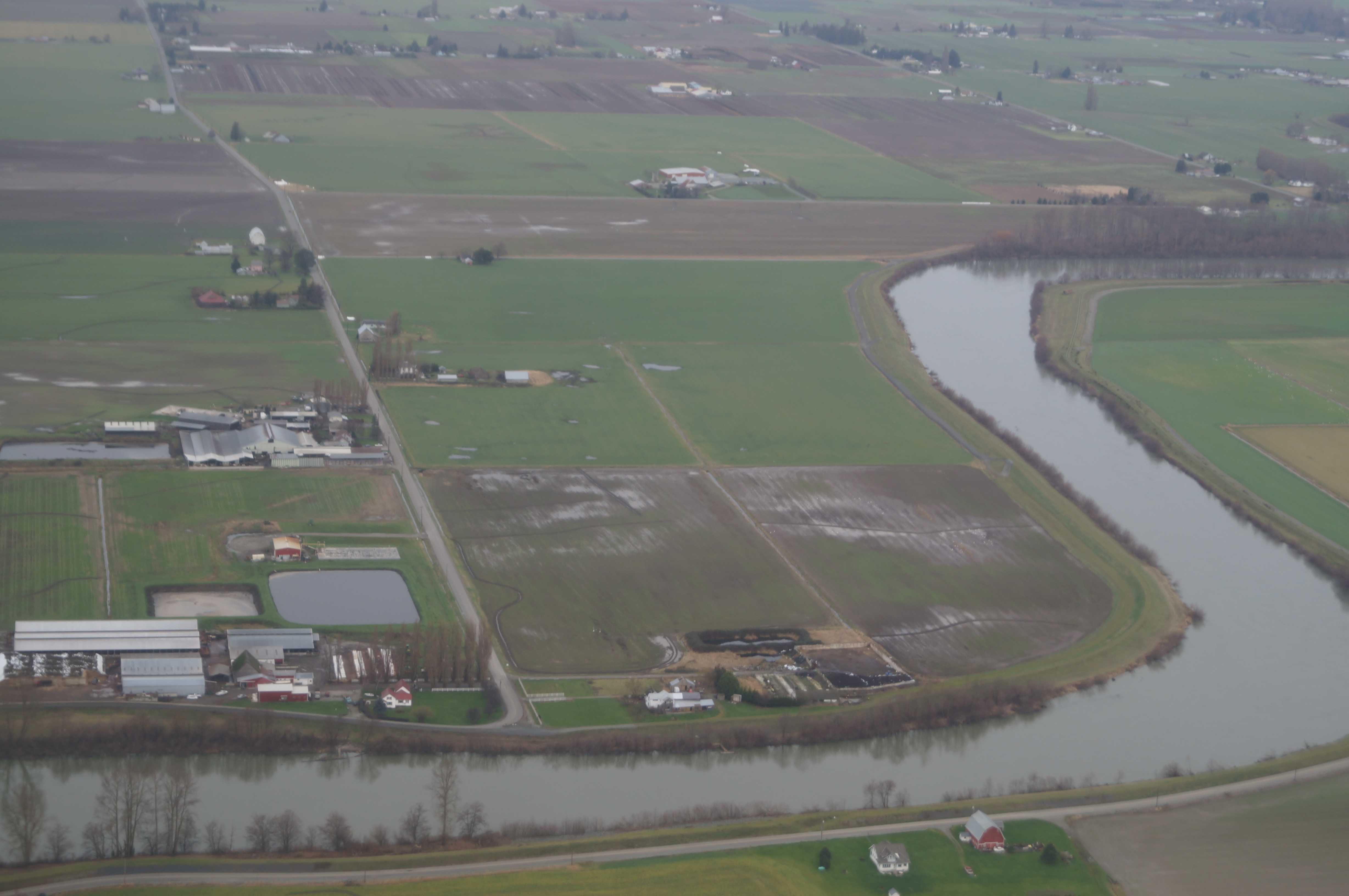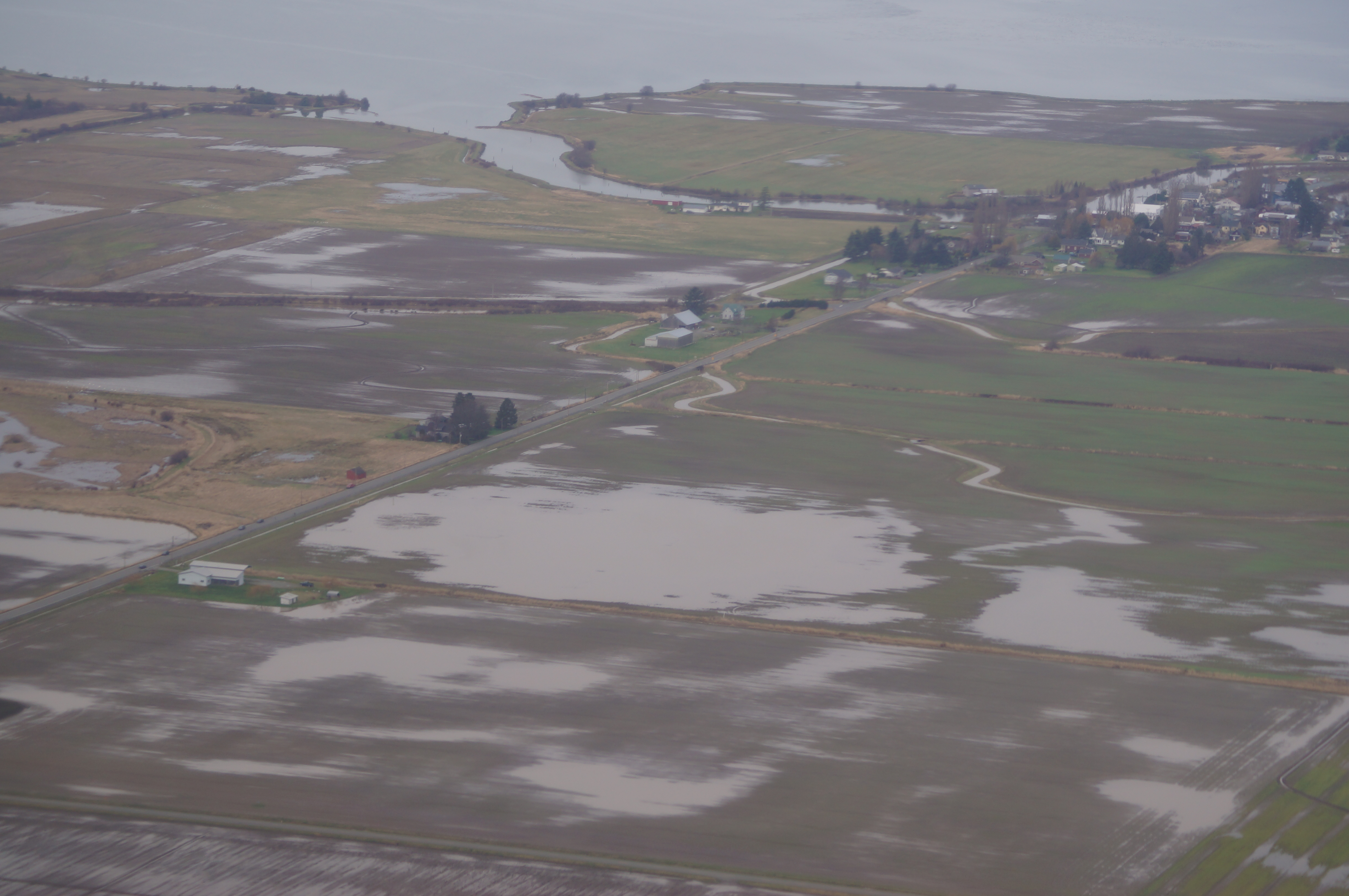Protect Puget Sound Against Clean Water Act Rollbacks
By: Puget Soundkeeper

By Chris Wilke, Puget Soundkeeper & Executive Director
The waters of Puget Sound aren’t just my profession, or my passion—they are my life. And just as rivers shape our land, local waters have shaped me.
I grew up digging for clams in Sequim Bay. I learned how to swim in Hood Canal. I earned my SCUBA certification in Elliott Bay, right in view of the skyscrapers and ferries of downtown Seattle. I’ve fished throughout the Sound and its many rivers, catching marine fish, crabs, trout, and salmon. I’ve sailed and paddled through rosy sunsets and rocking storms. I’ve watched seals, sea lions, porpoises, whales, and the many seabirds that share our home.
The Trump administration’s proposal to gut the Clean Water Act could strip whole categories of waters from protection under this important law. Our waters are connected; this dangerous proposal threatens all of them, from the tiniest mountain trickle, downstream to the waters of Puget Sound.

Under the proposal, many streams with subsurface connections to larger waterways could no longer be protected. In our watershed, this means that critical waters fed by mountain snowmelt, which often soaks into the ground and re-enters streams through groundwater connections, could be left vulnerable.
Wetlands with no surface connection to larger waterways may also lose protection, as could streams that are only fed through seasonal precipitation or snowmelt. We have plenty of both here. And in areas where agricultural operations have dug out and re-routed once-productive salmon streams, channeling them into ditches, these altered habitats could now also lose protection, rather than be put on the much-needed pathway to restoration.
Stripping these waterways of protection would constitute a free pass for polluters, would put the fragile progress we’ve made to recover our iconic salmon and orca whales at risk, and would endanger important downstream waters such as shellfish beds and swimming beaches.
This proposal comes at a time when Puget Sound, our nation’s second-largest estuary and a national treasure, already faces pollution challenges from population growth, development, fossil fuels, agriculture, wastewater, and legacy pollution from industry.

Removing clear Clean Water Act protections from whole categories of our watershed would be devastating—and not just for water rats like me.
Despite U.S. and Canadian protection as an endangered species, our orca population has declined since 1995, in part because of threats posed by toxic contaminants, such as Polychlorinated Biphenyls (PCBs). Some of the Sound’s most iconic fish, including Puget Sound Bull Trout, Steelhead trout, and Chinook salmon are also listed as threatened under the Endangered Species Act. Their populations would be further threatened if pollution in our waterways were to increase.
The Clean Water Act also, importantly, gives citizens and organizations like ours a right to defend waters that fall under the Act’s protection. If a waterway loses Clean Water Act protection, we would be powerless to use the Act to defend that waterway. This legal path, which has yielded so many important victories for Puget Soundkeeper, other Waterkeepers, and communities all around the country, would be closed on any waterway that lost the Act’s protection.
Because our waterways and water resources are so intertwined and connected, the proposed changes to the Clean Water Act threatens every drop of the Sound that shaped not just my life, but the lives of everyone in our region.
The proposed changes would further threaten our endangered orcas and imperil our beloved salmon, right at a time when they need us most. That’s why I’m fighting these changes with everything I have. Please join me. Submit comments to EPA to fight this proposal, and urge your friends to take action as well. #SaveTheCleanWaterAct.
